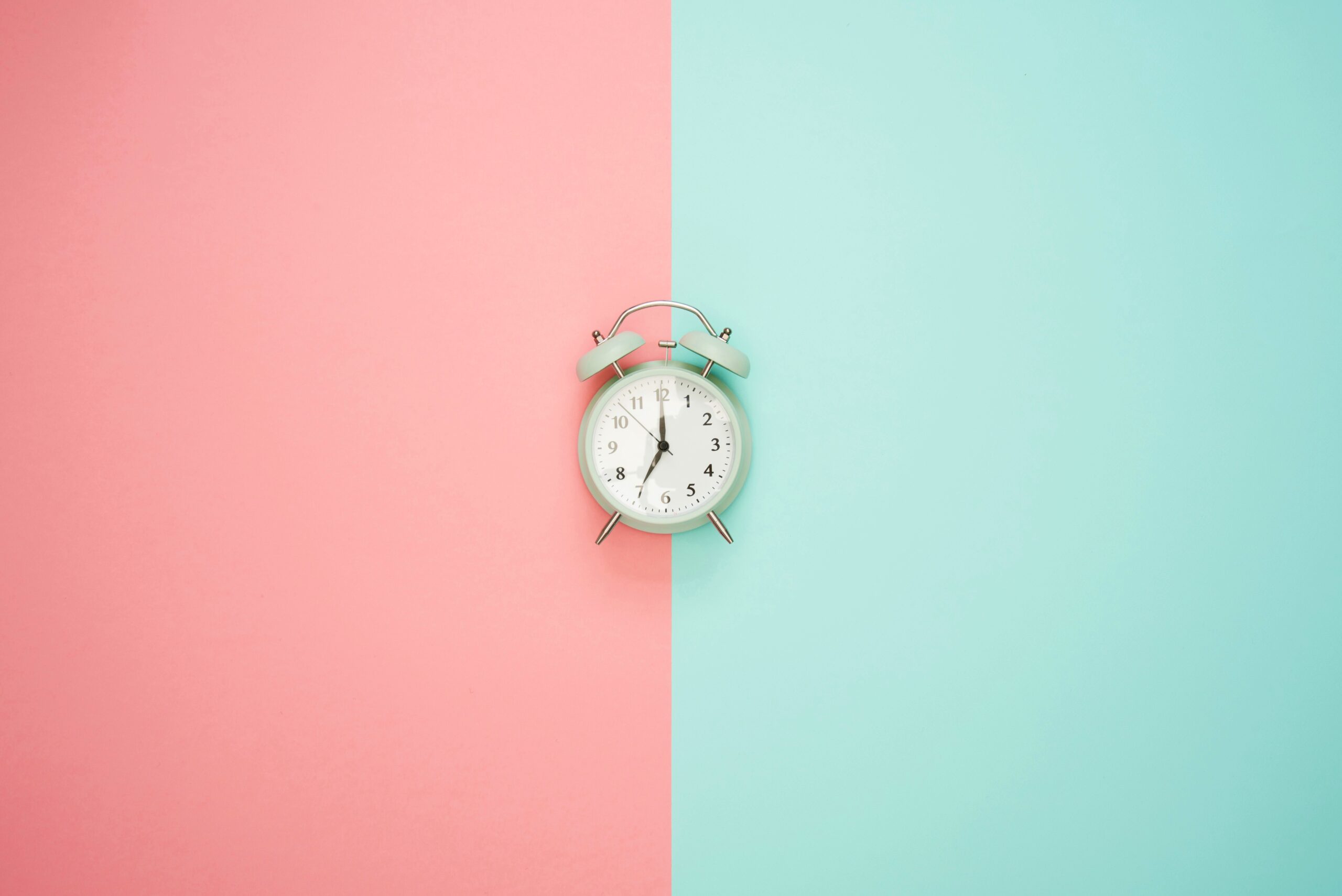
What is intermittent fasting?
Basically, intermittent fasting (IF) is a way of restricting your eating based on certain times of day or days of the week. It does not focus on quality or quantity, but simple when you are eating.
The first main type of IF is fasting (or severely limiting your calories) for 2 days a week and then eating “normally” on the other days.
The second main type is eating within certain windows of the day. The most well-known method being the 16:8 method where you fast for 16 hours and eat during an 8 hour window. This was made popular by a man named Martin Berkhan who is a body builder and the self-proclaimed “Khan, godfather and high priest” of intermittent fasting. Seriously, you can make this stuff up.
For the purpose of this blog, I’m going to be focusing on the second method where you eat within a certain window of time. I will also try very hard to never mention the high priest’s name again, and never, ever look him directly in the eye.
Who intermittent fasting is NOT for
Due to the potentially restrictive nature of IF and its impact on both behavior and hormones, I would not recommend it if you:
- Have a history of eating disorders including binge eating or orthorexia
- Are pregnant, nursing or trying to conceive
- Have diabetes or are hypoglycemic (consult a specialist to see if it is right for you)
Intermittent fasting philosophy
There are many proposed benefits of IF, but the two most referenced are:
- The digestive process is extremely labor intensive so taking a break allows your cells and hormones to rest and rejuvenate.
- When digestion stops, insulin is reduced, and your body can turn to stored body fat as fuel rather than blood sugar and glycogen.
Most of the studies that are referenced have been done on animals. There are a few that have been done on humans, but they are small and done mostly on men. This doesn’t invalidate the theory, but it is important to consider.
Another potential benefit is learning how to manage hunger. Although I never recommend forcing hunger, learning that hunger doesn’t mean immediate death or justify McDonalds is a powerful skill.
Finally, there was an interesting study on Muslims during Ramadan that showed after a month of fasting during the day and eating at night, their hormonal circadian patterns were altered. This had a potential impact on sleep, mental alertness, etc. Although this study is far from conclusive and there were other positive impacts of the fasting, it sparks the idea that when you are eating in relation to sleep, activity, etc. can have more of an impact on your hormones than a “window” of eating.
What I mean by that, is it may not be that eating during a window is important, but rather not eating when our bodies are hormonally inclined to be preparing for sleep has a biological ripple effect. Again, this study doesn’t draw this conclusion so I will keep researching, but it is worth a mention.
Common mistakes
There are a few misinterpretations of IF that I see consistently that I want to address:
- Not focusing on the quality or quantity – you may see weight loss at first due to not having as much time to eat, but overall health improvements need to be rooted in the quality of the food that you are choosing.
- Eating past the point of being full when you break your fast or are about to fast – eating when not hungry or forcing food in due to the fear of being hungry later can have long term behavior and health impacts. If you are noticing these behaviors, it may be that IF isn’t the best solution for you right now.
- Eating late in the day – most of the benefits have more to do with eating based on your body’s circadian rhythm (i.e. natural sleep/wake/hormone cycle) than an arbitrary time of day. People typically choose to eat late in the day because it is easier but starting early and ending early is what most of the research has been based on.
What to do with this information
If you don’t fall into one of the groups above and IF speaks to you, I have no problem with you giving it a try. Having said that, I don’t think that an eating window as short as 8 hours is helpful for most people. In fact, most of the research has been on windows between 9-12 hours.
I would recommend “eating with the sun” as a starting point. Meaning not eating before the sun rises (including coffee) and stopping when it sets (including wine…I know, this just got real).
As luck would have it, we just hit the longest day of the year so this should be easy to start! As the days shorten, you may need to re-evaluate to see if this can fit with your life, but it is an excellent starting point and will get you more in sync with your natural circadian rhythms.
If this doesn’t speak to you, or wouldn’t work with your life (I actually fall into this category), please don’t worry about it. IF is FAR from a silver bullet. Focusing on the quality of what you are eating is the real key and any changes you make should be realistic and sustainable. Consider IF a potential tool in a box of solutions. Plenty more tools to choose from to find your best solution.

